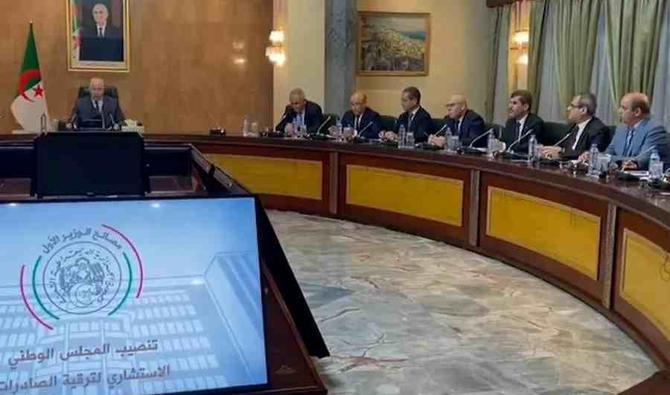In order to promote its non-hydrocarbon exports, the Algerian government has established a National Consultative Council for the Promotion of Exports (CNCPE), an institutional body whose mission is to define, regulate and evaluate the national strategy in this area. of exports and to support companies in their efforts.
Established by the Prime Minister, Aïmene Benabderrahmane, on July 31, 2023, the CNCPE is part of the government’s policy which aims to boost non-hydrocarbon exports, which have recorded promising developments over the last two years. They have in fact increased from 5 billion dollars (1 dollar = 0.93 euros) in 2021 to 7 billion in 2022, and they could reach 13 billion dollars in 2023.
Made up of ministerial services, establishments, representatives of different chambers as well as professional associations, this body will allow full access to African markets and other markets which guarantee success to producers and national products. According to the Prime Minister, the CNCPE will be equipped with a digital platform through which the various questions relating to the act of exporting will be addressed and which will allow the rapid processing of the concerns of operators and institutions.
Reforming the act of exporting
According to Mr. Benabderrahmane, the CNCPE will propose legislative and regulatory measures to simplify the act of exporting, facilitate access to foreign markets, strengthen competitiveness and support exporters by removing obstacles linked to exporting. According to him, the Council will also have the mission “to monitor the results of the activities of the free zones and take all measures capable of removing the obstacles that arise from the export operation in these zones.”
“The mission of the CNCPE is to define obstacles and implement mechanisms to stimulate exports,” says Ishak Kherchi, economics expert. “The body will be responsible for reforming the regulatory framework and reviewing the various cooperation agreements so that they are more favorable to the national economy,” he adds, citing that existing with the Union European Union (EU) which, according to him, does not allow Algerian products to enter the markets of the European continent.
“This institutional body must propose mechanisms to improve and develop national production,” he underlines. “We will have to be able to satisfy our national needs and adapt our export strategy according to demand from external markets,” he specifies, pleading for the publication of periodic reports (every six months) to determine the added value that this organization will provide in support of the government’s export strategy.
Conquest of international markets
In order to promote exports, the Prime Minister indicated that incentive measures have been put in place by the government in favor of exporting companies. Among them, tax and customs measures, including exemption from global income tax (IRG), corporate profits tax (IBS) and professional activity tax (TAP). Aïmene Benabderrahmane announced that annexes of the National Agency for the Promotion of Foreign Trade (Algex) would be established in many African countries.
Asked by Arab News in French about the contribution of economic diplomacy in conquering markets, Mr. Kherchi pleads for increased efforts in this area. “We expect this organization to open an acceptable number of representations in Europe, where there is a strong Algerian community demanding Algerian products. The export potential in this region is considerable, particularly in food and craft products,” he explains.
Thus, Ishak Kherchi pleads for the opening of bank branches and active participation in international exhibitions and fairs. “These are means which will make it possible to attract operators who are interested in Algerian products and to bring Algerian exporters to establish links with foreign operators.”
Such a strategy will also make it possible to establish a relationship of trust and synergy between economic operators, he underlines, specifying that “the CNCPE will be responsible for developing large-scale initiatives which will stimulate global trade and respond to the challenges to come, in particular by investing in the potential of the African continent. Finally, to stimulate exports, the economist calls for the creation of a ministerial department devoted exclusively to exports.
This article is originally published on arabnews.fr


